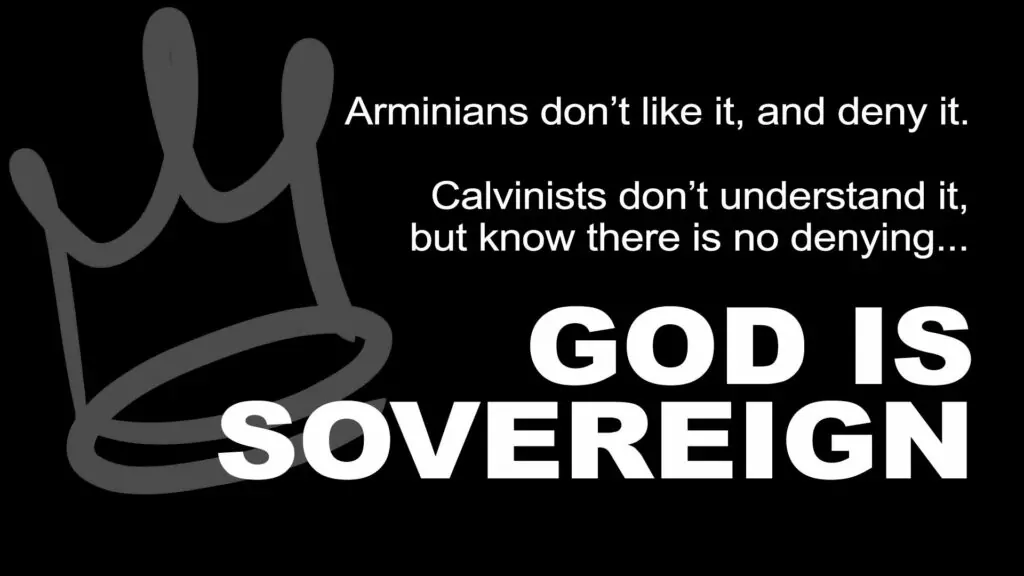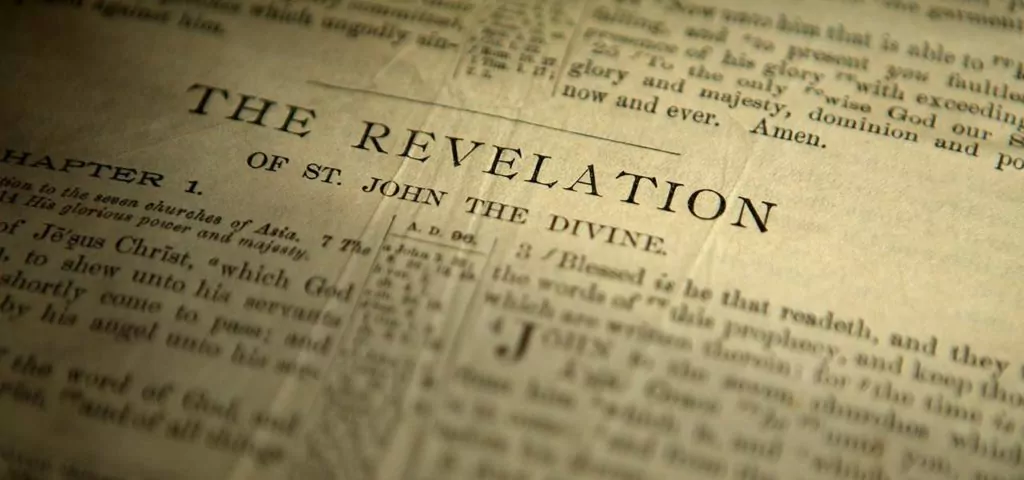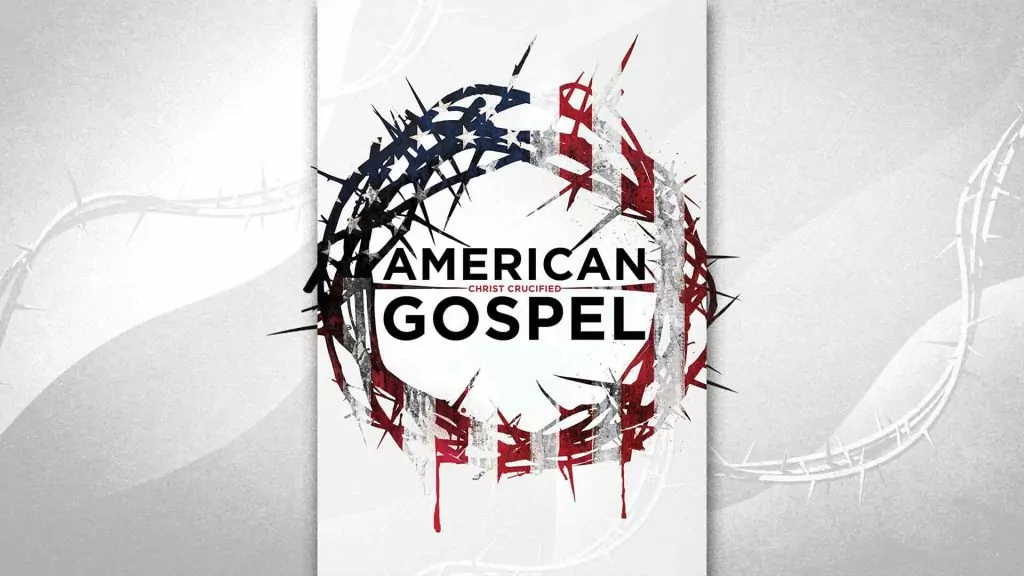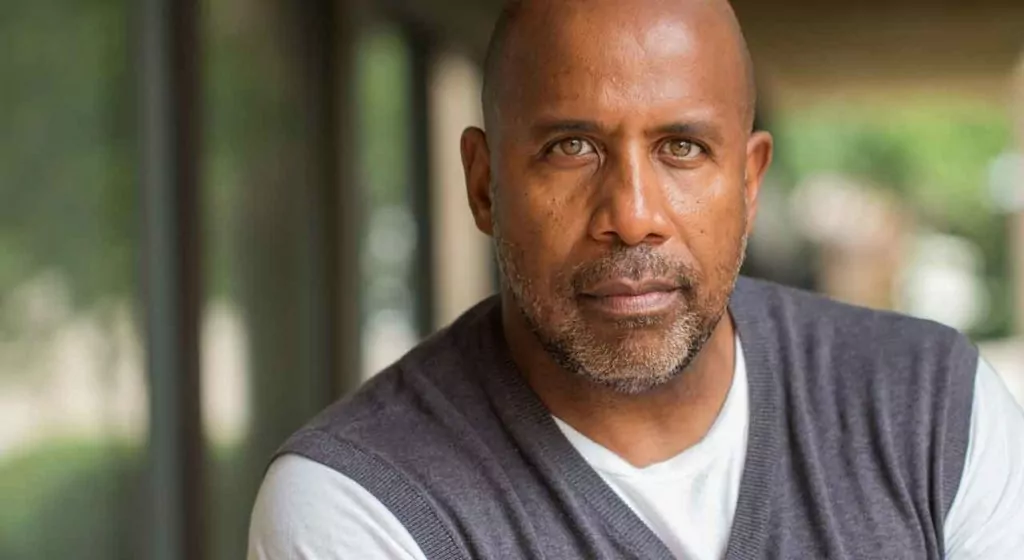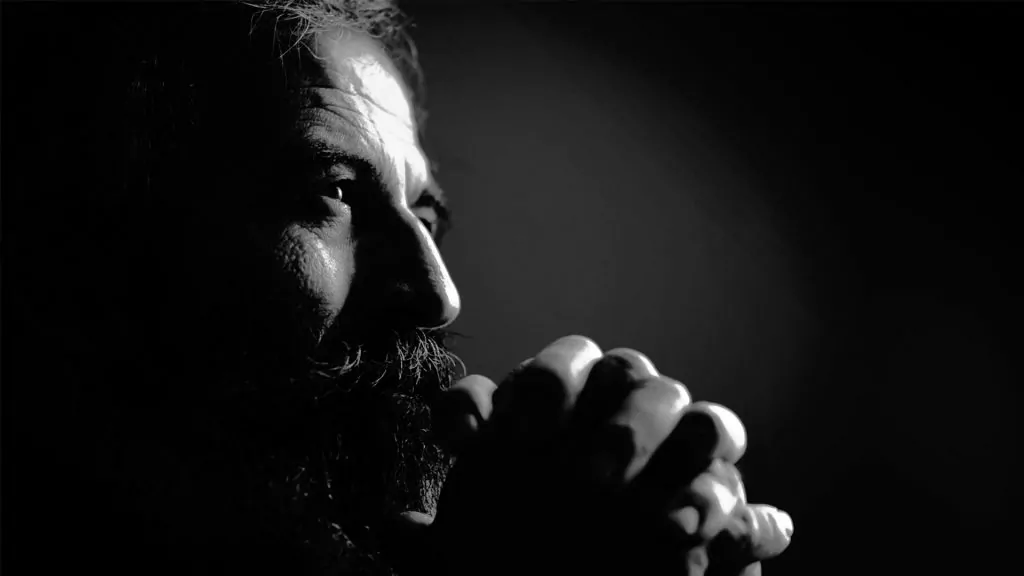
Theology
Celebrating the Sabbath
“Many people see the Sabbath or the Lord’s Day, as an infringement of their personal liberty – a day that God has taken from them, instead of a gift that He has given to them, for rest, worship and celebration” – Rev. Bruce Ray
*****
Scientists and secular historians can account for the division of time into years, seasons, months and days on the basis of ancient observations of the cycles of nature. The year and the day obviously are tied to the cycle of the sun and the rotation of the earth. A month finds its origin in the cycles of the moon.
But secular historians are puzzled by the week. There is no natural basis for the week, and since they reject Holy Scripture as a historical source they can’t turn to it for an explanation. However, whether they acknowledge it or not, the weekly, seven-day pattern of work and rest has its origin in God’s work of creation. We have the week because God ordained it, and indeed this is the origin of Time, not only of the week, but all divisions of Time. God is the Sovereign over Time.
This is one of the first points that Bruce Ray makes in his book Celebrating the Sabbath. And he notes that if God is sovereign over time, then it only makes sense that He is sovereign over what we do with time, both work and rest: "Six days you shall labor" God said, “but the seventh is the Sabbath of the Lord your God. In it you shall do no work.”
The Sabbath through time
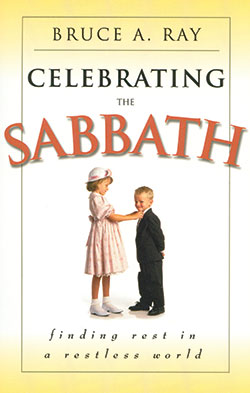 Now many people assume that work is the result of the Fall, but Adam had a job assigned to him before the Fall (Gen 2:18-20) so that assumption is wrong. And just as Adam had work do before the fall, so too there was a Sabbath rest before the fall. In fact Bruce Ray identifies from the Scriptures four distinct stages in the Sabbath:
Now many people assume that work is the result of the Fall, but Adam had a job assigned to him before the Fall (Gen 2:18-20) so that assumption is wrong. And just as Adam had work do before the fall, so too there was a Sabbath rest before the fall. In fact Bruce Ray identifies from the Scriptures four distinct stages in the Sabbath:
1. Creation Sabbath – Sabbath rest before fall into sin
2. Exodus Sabbath – Sabbath rest given to Israel
3. Resurrection Sabbath – New covenant, new Sabbath
4. Final Sabbath – Christ’s return ushers in this final rest
Intention of the Sabbath
"The Sabbath was designed as a day of gladness and not as a day of gloom," notes Ray. It was intended by its Creator to be a day of rest and worship in celebration of God’s wonderful works. The Sabbath promised both physical and spiritual refreshment for the whole man. The Sabbath was a day off from work, a day when men and women, their families and servants, visitors, and even livestock could enjoy the gift of rest from God. It was a day for "complete rest" (Exodus 35:2), a day to leave the briefcase at the office, and the tools locked up in the shed. Even during the busy times of the year, during the plowing season and the harvest (Ex. 34:21) the people were commanded to rest on the seventh day in honor of, and in obedience to, the Lord who made heaven and earth. "Moonlighting" was prohibited on the Sabbath. The worker who tried to get ahead of others by working on the Sabbath was even subject to the death penalty!
Exodus 23:12 reads: "that you may REST" and rest here isn’t only about “not working." The Sabbath was appointed to minister to the whole person, and it was therefore also a day of spiritual rest.
Legalism
Bruce Ray writes an interesting little chapter on the "Babylonian Sabbath." During the Babylonian Captivity the elders and Rabbis of Israel became very interested in spelling out precisely what people could and could not do on the Sabbath. Eventually they came up with over 1000 rules. The spirit and intention of the law became lost in a sea of technicalities.
When Jesus came, that is, when God, the eternal Son, took upon Himself the nature of a man and visited His people, He came to set the captives free, including the captive Sabbath. Jesus challenged the Pharisaic distortions of His holy day. He repeatedly and purposely did things on the Sabbath that violated their legalistic understanding of Sabbath keeping. But make no mistake, Jesus came to restore the Law, including the fourth commandment, not to dismantle it (Matt 5:17-20). So Jesus blasted the Pharisaic Sabbath, but in doing so, he did not harm the biblical Sabbath at all. Indeed He liberated it, restored it, and filled it full of meaning once again (Matt 5:17)
Ray examines one by one, the six skirmishes Jesus had with the Pharisees over the Sabbath Day:
1. The Battle of the Wheat Field (Mark 2:23-28)
2. The Shrivelled Hand skirmish (Mark 3:1-6)
3. The crippled-woman conflict (Luke 13:10-17)
4. The Dropsy disaster (Luke 14:1-6)
5. The Battle of Bethesda (John 5: 1-9)
6. The Spit Spat (John 9:1-41)
These texts are well worth looking up and show, as Ray puts it, how "the conflict was not so much a conflict between Jesus and the Pharisees, as a conflict between the Holy Sabbath of God and the painfully distorted Pharisaic Sabbath. It was part of Jesus’ mission to liberate, heal and redeem the Sabbath from captivity.”
Do’s and Don’ts?
Coming to our modern day celebration of the Sabbath/Lord’s Day, Ray speaks about keeping the Sabbath "Holily and Happily," saying: "In the fourth commandment, God declares that He is sovereign over time (He made it), and over our use of it (He made us!). He has from the very beginning of time appointed one day in seven as a day for rest and refreshment in Him" "All people observe the Sabbath, all people everywhere do. Sunday comes along once every week without fail, and we all do something with the day. The question is not whether we observe, but how we observe it."
Now, finally the reader may be thinking to yourself: "He is going to get to what I wanted in the first place. I can still have my laminated, wallet sized card with "do’s and don’ts" after all."
Sorry folks – as author Bruce Ray writes, life just is not that simple. It is about thinking out principles. That is the real hard part. Many of us would like to have someone in authority – a pastor perhaps – tell us what to do and what not to do in great detail. That would certainly make life simpler and tidier. May I jog on Sunday? Go sailing in the afternoon? Mow my lawn? Go shopping at the Mall? Fire up the grill for a barbeque? And so on.
But don’t despair.
The good news, Ray writes, (that is if you are a Christian), is that you have everything you need to figure out what God wants you to do on the Sabbath. God has given you His Word and His Spirit. What then are the general principles that will help us to keep the Sabbath as the Lord wants us to?
The author mentions four: Keep it Holily, Happily, Honestly and Humbly.
Keep it Holily
This includes gathering with the Lord’s people on the Lord’s Day and realizing that corporate worship is necessary, not optional.
Keep it Happily
The author stresses the great importance of bringing joyful worship to our God, and quotes Psalm 100 "shout for joy to the Lord, all the earth. Worship the Lord with gladness; come before Him with joyful songs."
Keep it Honestly
The Sabbath is also a day for physical, emotional, and even intellectual "rest." God is concerned with our bodies as well as with our souls. On the Sabbath we need to cease from our works and pause and refresh in God’s rest. Rest, however, does not require idleness. Rest can also be active. Throughout the Old Testament rest is defined as refreshment. The prophet Isaiah zeros in on the essence of the Lord’s Day (Is. 58:13-14 – this is another great text to look up). He brings into clear and bold focus: whose Day is it? Who is the Lord of the Sabbath and will I bow before Him? How does the Lord of the Sabbath want me to use the day for my good and His glory?
Keep it Humbly
The Sabbath is admittedly a problem for many Christians, but that problem is primarily spiritual in nature. That is because of the rebellion in our hearts. We must remember not to come into our King’s presence and to our spiritual family reunion tired, late and unprepared to worship Him
Conclusion
In conclusion: Sabbath keeping is a means of Grace to all who love the Lord.
Someone said about this book:" Bruce Ray’s book is a wise and balanced book, helpful, biblical and encouragingly, taking a fresh look at what the Lord’s Day should be for every Christian." Definitely recommended.










